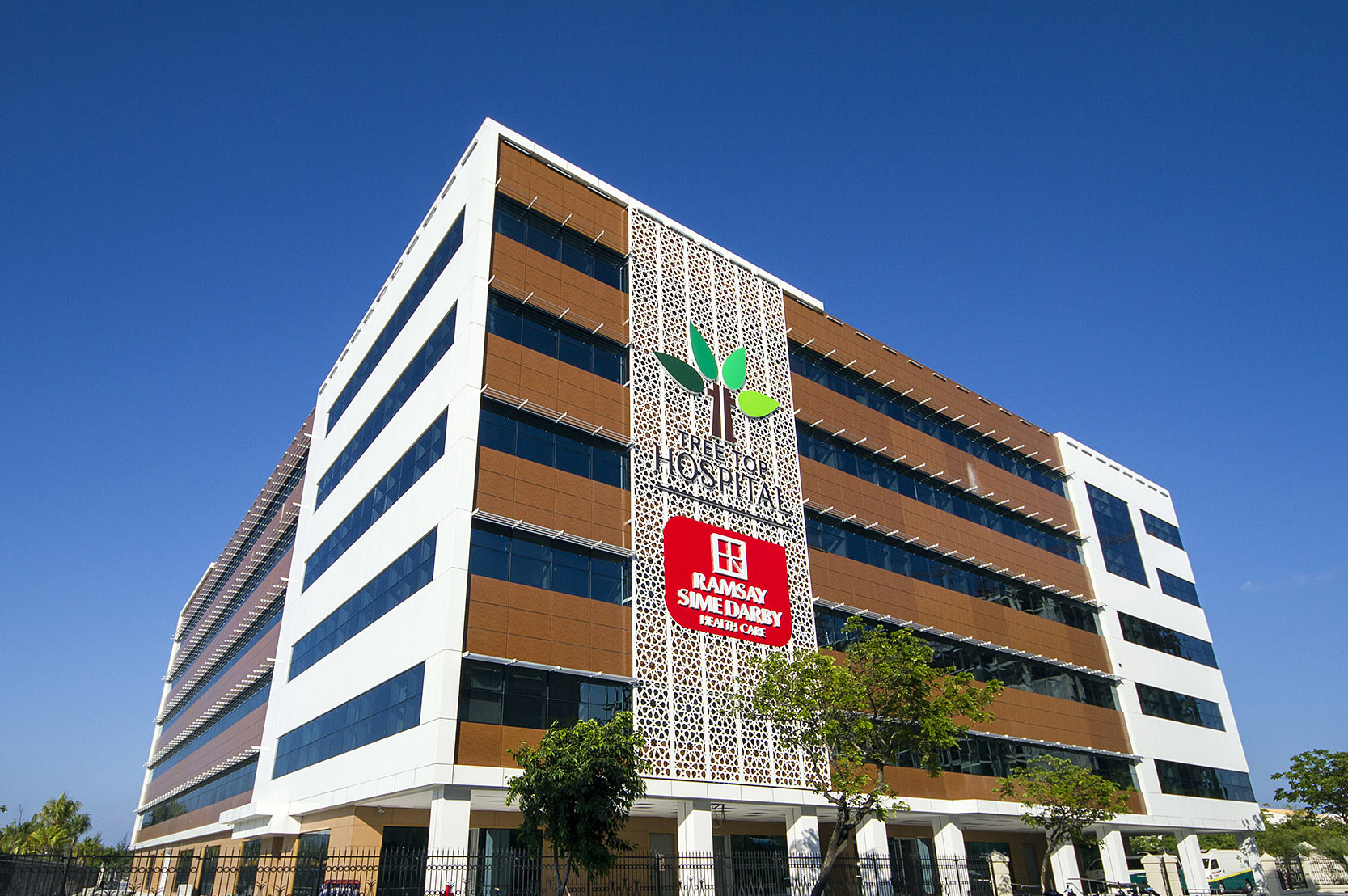A political coup is the sudden, often violent overthrow of a government by a group of individuals who seek to replace the existing leadership. While the motivations behind coups can vary, they often stem from political and economic instability, as well as the desire for power and control. In this article, we will discuss how political coups happen, and examine two notable examples.
How Political Coups Happen There are several ways in which political coups can occur. One common type is the military coup, in which a faction of the armed forces seizes power and takes control of the government. Military coups have been a feature of politics in many countries throughout history, and they often occur when the military feels that the civilian government is weak, corrupt, or unable to maintain order. In some cases, military coups are also fueled by external forces, such as foreign governments or business interests, who seek to influence the political landscape.
Another type of coup is the civilian coup, in which non-military actors such as political parties or interest groups overthrow the existing government through mass protests or other forms of collective action. These coups often occur when the government has lost legitimacy or has failed to address the needs and concerns of the population. In some cases, civilian coups can be peaceful and result in a transition to a more democratic system of government. However, they can also be violent and lead to widespread chaos and instability.
Finally, there is the constitutional coup, which involves using legal means to remove a government from power, such as through the impeachment or forced resignation of the president. While constitutional coups may be less violent than other types of coups, they can still have serious consequences for the affected country, as they can undermine the legitimacy of the democratic process and lead to political polarization and social unrest.
Example 1: The 1973 Chilean Coup The Chilean coup of 1973 was a pivotal moment in the country’s history. Prior to the coup, Chile was undergoing a period of political and economic instability, with widespread protests and strikes calling for socialist reforms. In September 1973, a group of military officers led by General Augusto Pinochet launched a coup against the democratically elected government of President Salvador Allende. The coup was carried out with the support of the United States government and resulted in the death of President Allende and the establishment of a military dictatorship that lasted for over 15 years.
The Chilean coup had a profound impact on the country and its people. The military dictatorship that followed was characterized by human rights abuses, censorship, and economic inequality. Many Chileans were forced into exile or imprisoned, and the country remained politically divided for many years. It was not until the 1990s that Chile was able to make a successful transition back to democracy.
Example 2: The 2014 Thai Coup In May 2014, the Thai military staged a coup against the government of Prime Minister Yingluck Shinawatra. The coup came after months of political turmoil and protests, with the military claiming that it was necessary to restore order and stability to the country. The military suspended the constitution, dissolved the parliament, and detained a number of political leaders, including Yingluck.
The coup was widely criticized by the international community and led to ongoing political and social tensions in Thailand. The military government that followed has been accused of human rights abuses and suppressing dissent. Despite promises to restore democracy, the military has maintained tight control over the political process, and Thailand remains politically unstable to this day.
Political coups can have serious and long-lasting consequences for the countries and people affected by them. While they may be carried out with the intention of restoring order or addressing political instability, they often lead to further chaos and violence, as well as the suppression of human rights and democracy.
The examples of the Chilean coup and the Thai coup illustrate the different ways in which political coups can occur, and the varied outcomes that can result. In both cases, the coups were marked by violence and the suppression of dissent, leading to long periods of political instability and social unrest.
To prevent political coups from happening, it is important for governments to prioritize democracy, human rights, and economic stability. This includes creating strong institutions, promoting transparency and accountability, and ensuring that the needs and concerns of the population are being addressed. By doing so, countries can reduce the likelihood of political coups and work towards a more peaceful and stable future.




